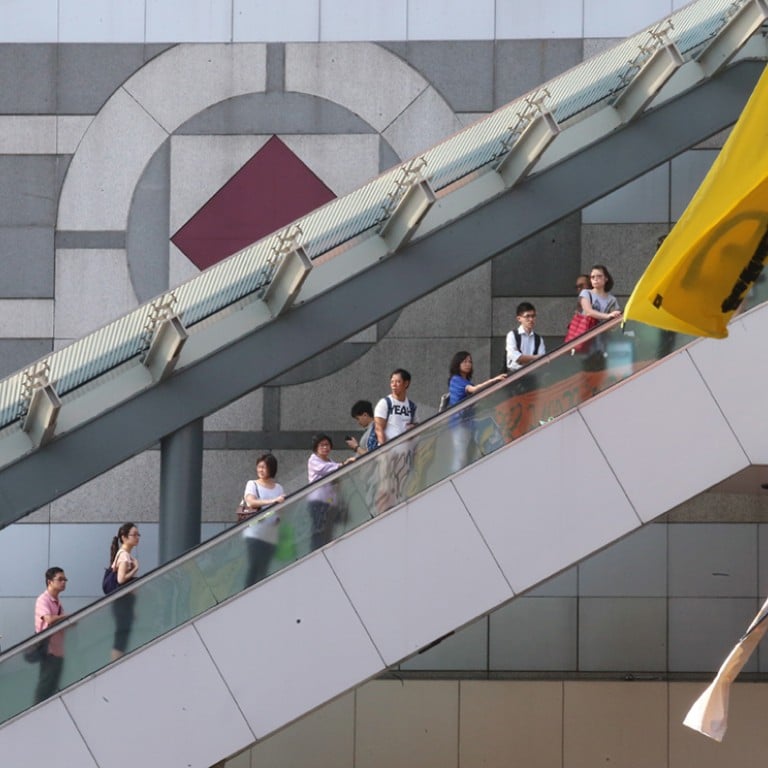
Dirty little secret of public service pay is a big cash bonanza
Here is the dirty little secret. When the Civil Service Bureau compares the public and private sectors for its pay survey every six years it looks only at cash compensation and fringe benefits paid in cash.
Here is the dirty little secret. When the Civil Service Bureau compares the public and private sectors for its pay survey every six years it looks only at cash compensation and fringe benefits paid in cash.
But the bulk of civil service compensation is in the perks - housing, education, top-flight medical, dental and a long list of other goodies that you pay for directly in the private sector while in government you just give the bill to your boss.
The last time any proper measure was taken of the difference was 12 years ago when the Hong Kong General Chamber of Commerce commissioned a survey by pay specialists Watson Wyatt Worldwide.
This survey found that, on a like-for-like basis, incorporating all forms of compensation, civil servants were on average paid 229 per cent more than their private sector equivalents.
For the avoidance of doubt, here it is again. Watson Wyatt found that civil servants were paid 229 per cent more than other people who do equivalent jobs. Take note, , in other words over three times as much. And nothing has since happened to change this huge imbalance. If anything it has become worse.
The chamber never did much to highlight the survey's findings, which is entirely understandable. It must work with civil servants. It does not wish to annoy them.
In government this hot potato landed in the lap of the then chief secretary, Donald Tsang Yam-kuen, and quick-minded Donald quickly came up with a clever plan for dealing with it.
He hired Watson Wyatt, the chamber's survey agent, to do a similar survey for the government and, naturally, he could then set the parameters for this survey. Just look at the cash, he told Watson Wyatt, and I shall deal separately with the difference in perks, which, of course, he never did.
Not surprisingly, Watson Wyatt then reported that the difference was only about 5 per cent, whereupon Donald found that the hot potato in his hands had turned just the right temperature for the eating.
There were some further dirty little secrets in this 5 per cent. For one, it compares the mid-point of civil service pay with the top quarter of private sector pay on the grounds that everyone knows that a civil servant is a far better person than a yokel who cannot get a government job.
Don't bother asking the Equal Opportunities Commission to look at this outrageous conceit. The EOC is staffed by civil servants.
It was only slightly toned down in last year's in-house pay survey - "... accords with the general objective that the government should be a good employer and, hence, civil service pay should be measured against that of the better paying private sector jobs…".
And the private sector on balance consists of bad employers, does it? That's the implication. Let's just bring it out.
Let's also take into account that the civil service offers much better job security than the private sector. I cannot put the value of this in exact money terms but there have been times when I have hung on to a job by my fingernails and would have rated it very valuable indeed. Anyone else want to raise a hand?
There is more. In any pay range there will tend to be more people at the bottom than at the top of that range. Thus in the range of HK$20,000 to HK$30,000 the average pay is likely to be perhaps HK$23,000.
But not when civil service pay is being calculated. Then we adopt what is called "the notional mid-point salary", in other words HK$25,000, another trick for squeezing out a little more. To those who have more shall be given.
And now we have talk of narrowing a pay gap with a 3 per cent rise for senior bureaucrats when the pay gap is actually nearer 300 per cent and in their favour.
The facts argue strongly for a pay cut, not a pay rise.

